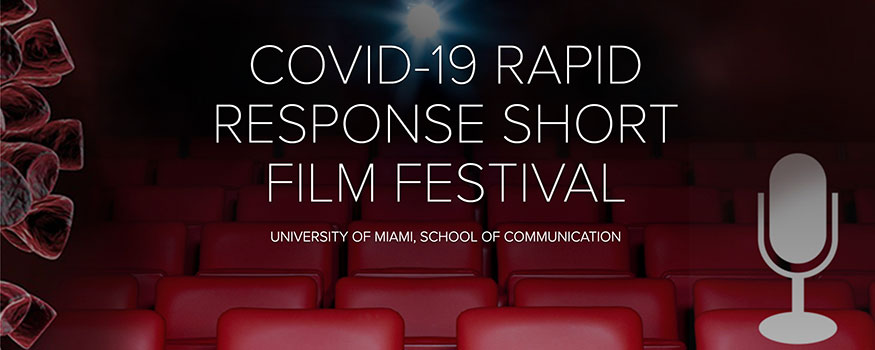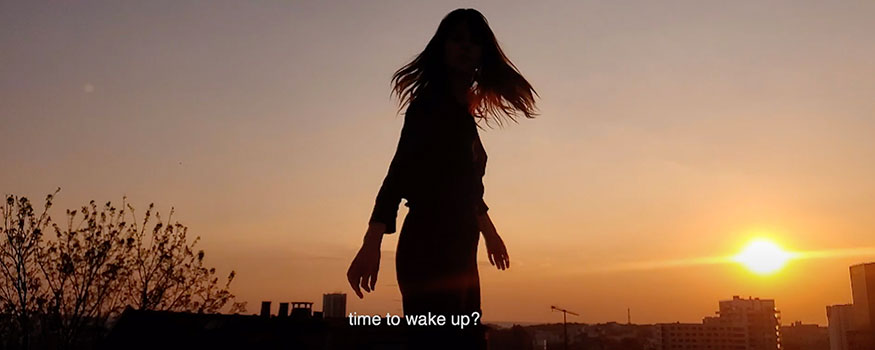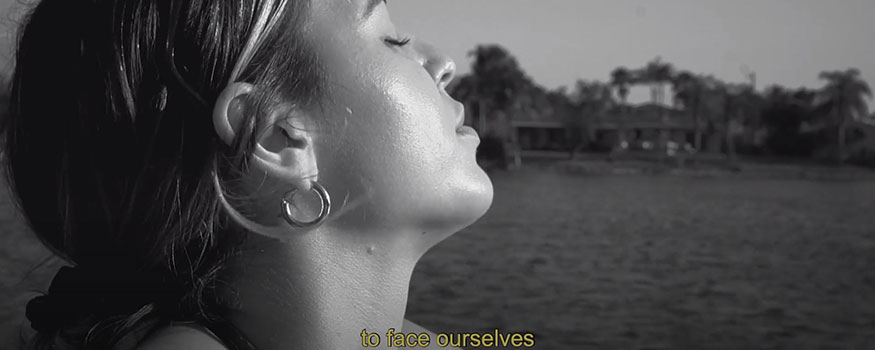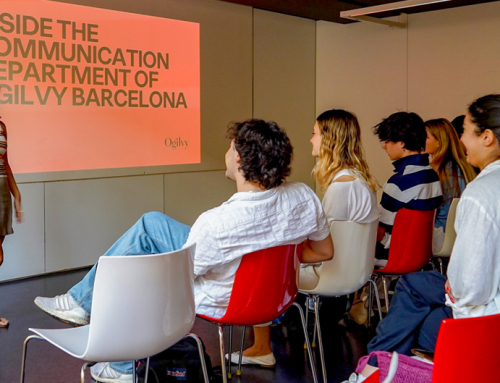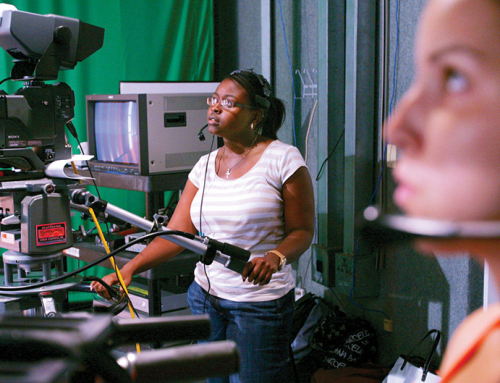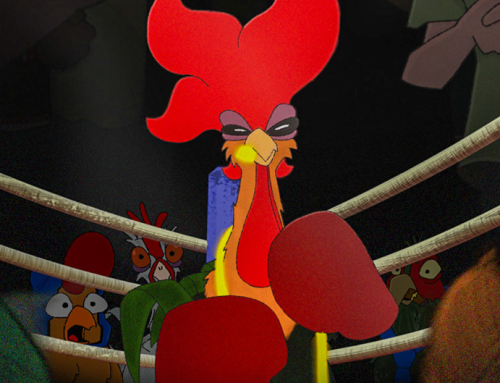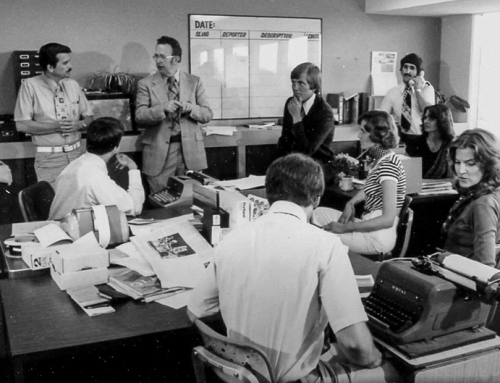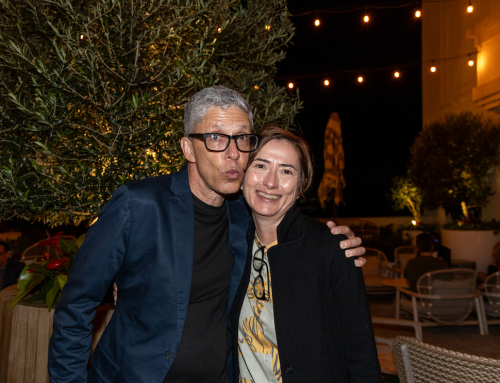When the COVID-19 pandemic forced the University of Miami to suspend face-to-face instruction, students in the Department of Cinematic Arts were especially affected. Filmmaking is by definition a collaborative art, one that requires crews to work together, as well as access to an extensive array of production equipment. As the School of Communication has seen time and again in our community, creativity and persistence can overcome practical challenges. Motion pictures students forced to shelter in place worked during this crisis to develop films that will be screened online at the COVID-19 Rapid Response Short Film Festival.
“No equipment, but perhaps there is no better time to have our students make films than right now” said Ali Habashi, assistant professor of professional practice, who has been teaching three production classes in Cinematography, Intermediate Cinema, and Advanced Cinema during the 2020 spring semester. “I had an online dialogue with my students and shared with them how most people are unaware of the devoted professionals out there, all the way to the highest level of Hollywood filmmakers, who are using mobile phones to make serious and cinematic films.”
Habashi encouraged students to embrace current circumstances and an intimate approach to filmmaking. Using cinematic apps on their mobile phones and following social distancing guidelines, about 50 of his students created films reflecting on different aspects of the COVID-19 pandemic.
“It really was a unique growth opportunity for our students to experience in real life that empathy can be a powerful starting point for a script or film and ultimately become a point of genuine connection with others.” said Habashi.
Since many students returned home, they were able to produce a collection of fascinating films made in China, France, Spain, and various locations in the United States.
“The fact that Professor Habashi and the UM students were able to pull together an online festival so quickly speaks to the ingenuity and social engagement of our film community,” said Christina Lane, chair of the Department of Cinematic Arts. “In the face of a global health crisis, and a major shift in their learning context this semester, our students have proven to be more than resilient. They are creative powerhouses.”
These multifaceted films cover a range of topics from safety issues for doctors, nurses, and grocery store employees, to the restlessness and uncertainty of these students isolated in their apartments or in transition between two countries.
“Out of this highly social and artistic experiment came two distinct revelations,” said Habashi, “One is the extent to which some of our international students feel concerned and deeply demonized by remarks out there using the term ‘Chinese virus.’ The other, on the positive side, was the way our female students, freed from their reliance on others to trigger and manage often heavy film production equipment, were able to express their unique views directly using the mobile phone form factor.”
All of these student-produced films, in addition to works from other classes that are focused on the current pandemic situation, will be screened online and judged by a group of international jury members on Saturday, May 9 at 4 p.m. during the COVID-19 Rapid Response Short Film Festival available to watch through Zoom at https://miami.zoom.us/j/95379262266. Visit https://spark.adobe.com/page/D7J3bOt9u5KL7/ for more information.
